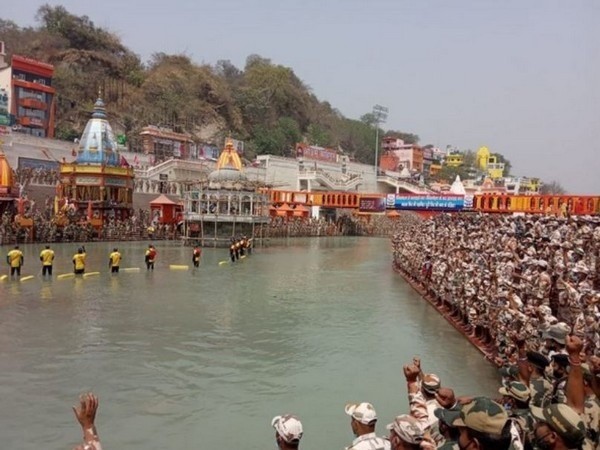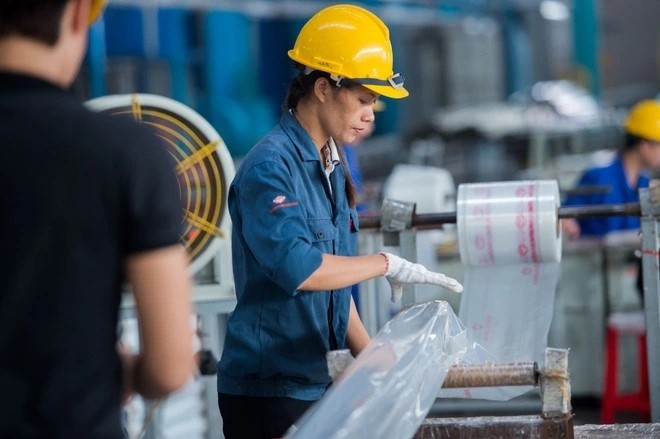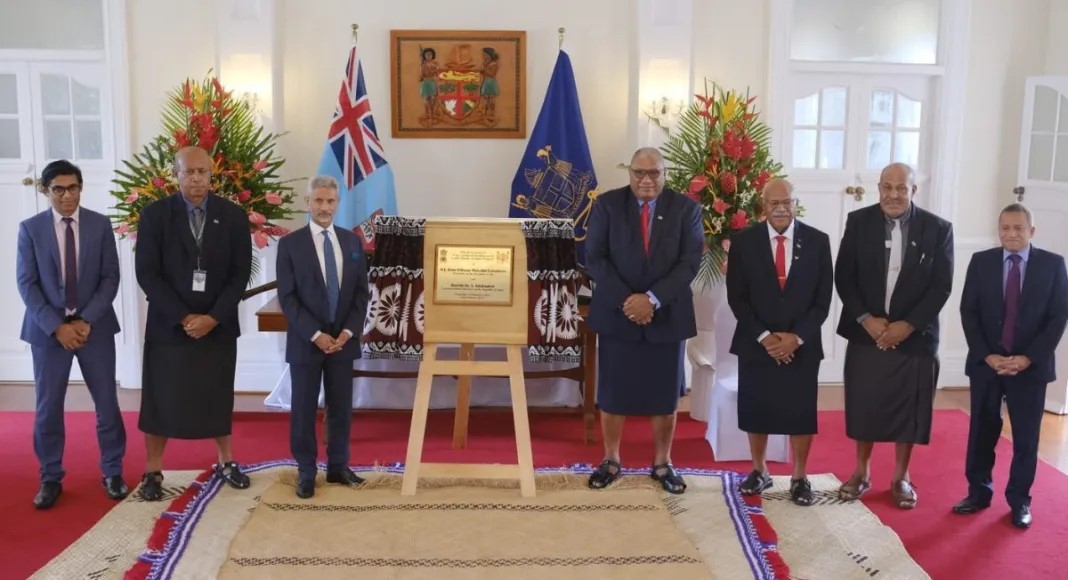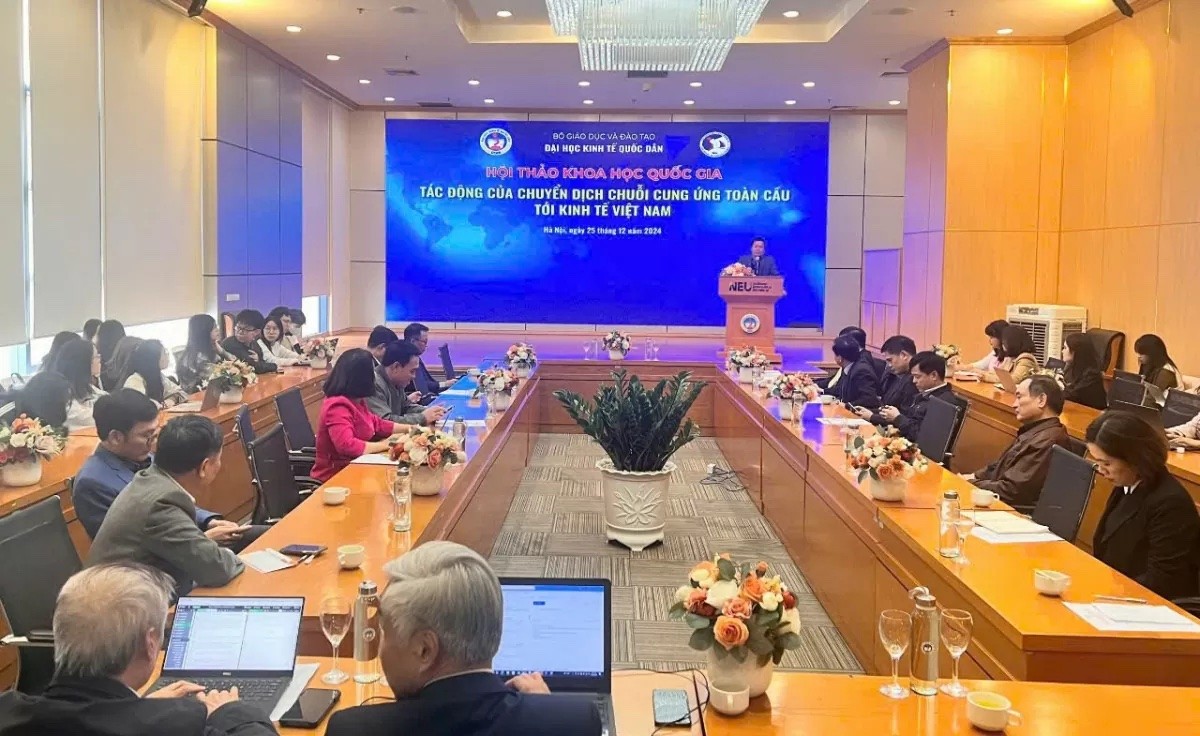India's Rising Influence in Small Island Nations is a Testimony to its Growing Strength
Over the last half a decade, India has actively sought partnerships with island nations in the Caribbean and the Pacific through a formal multilateral platform, pursuing mutually beneficial policies in the sphere of economic development, sustainability, and enhancing human welfare. This has evolved into an active collaboration between the two to address the issues that directly impact the economy and society of small Island nations, like global climate change, food security, and the development of eco-sensitive tourism.
The scope of India-SIDS cooperation also extends to target SDGs and environmental challenges through the development of renewable energy and sustainable utilization of ocean resources, development of blue economy, and capacity building for disaster management and relief and rescue operations. The Caribbean Community (CARICOM) and Forum for India-Pacific Islands Cooperation (FIPIC) are two crucial formal multilateral platforms that provide a space for accomplishing developmental goals and ocean diplomacy.
With fast-evolving international geopolitics, India and the regions in the Pacific have a specific interest in redefining ocean diplomacy in the Indian and the South Pacific ocean. Experts have also identified various fields where specific cooperative relations between India and SIDS can be forged. These include sub-regional cooperation, aid-for-trade, trade capacity building, abating vector and water-borne diseases, and management of water-related ecosystems. Apart from that, India’s ocean diplomacy also enhances maritime security and promotes interoperability among navies.
Just a few weeks ago, Heads of State and Government of the Caribbean Community (CARICOM) and the Indian leadership met in Guyana after 2019 under the banner of the second CARICOM-India Summit. The Summit has become a crucial platform for the two sides to express their commitment to advance the growth and prosperity of their respective economies and to enhance their ability to respond to development challenges, promote mutual interests, and influence global developments. The summit discussed the immense scope that exists between CARICOM and India for boosting trade, investment, and economic cooperation between the two.
India and the CARICOM nations share historical and cultural ties, with a culture of mutual respect, shared interest, cultural ties, deep friendship and sustained commitment to freedom, democracy, human rights, the rule of law, and reformed multilateralism.
Besides, Caricom upholds India as a global leader and vocal advocate of the interests of the Global South. India in its recent G20 presidency has also been an active leader in steering conversations towards debt, ambition on climate finance, technology, and several areas of significant importance to CARICOM nations.
The scope of engagement also expands in the field of health and pharmaceuticals, including generic medicines, drug testing laboratories, radiation technology, cancer therapy, dialysis machines, sea ambulances, and the Bharat Health Initiative for Sahyog Hita and Maitri (BHISHM) Cubes.
For CARICOM, relations with India are being viewed as one that ‘could support regional integration and bring sustainable development outcomes to the region in the long term’. These relations could be complimentary and serve as alternatives to traditional sources of development cooperation for the Caribbean nations. Development cooperation with emerging economies is of particular interest to the CARICOM as it finds concessional funding from traditional sources shrinking.’
Previously, India had announced a $14 million grant for community development projects in the CARICOM and a $150 million line of credit for solar, renewable energy, and climate-change-related projects. SIDS as a group has also been the single largest beneficiary of the India-UN Development Partnership Fund (India-UN Fund). India ensures to approach SIDS both bilaterally and multilaterally, as well as under its region-specific strategies. Last year, at the third FIPIC summit, India engaged with 14 SIDS nations, and announced a comprehensive 12-step initiative aimed at advancing India's collaborations with the countries in the Pacific region[5] which are an integral part of India’s Act East Policy. These involved many day-to-day developmental challenges around renewability and sustainability, including collaboration with FIPIC to develop the solar project for Government buildings and provide desalination units for drinking water. On the health front, it included initiatives like supplying sea ambulances, setting up dialysis units, setting up of 24x7 emergency helpline, and setting up Jan Aushadi Kendras and yoga kendras in these nations. At the bilateral level, India has organized a fully funded health camp in Fiji in 2022. Besides, proposed community development projects such as refurbishing libraries and school buildings, renovating colleges, providing IT infrastructure to educational institutions, and establishing digital libraries were also announced.
With vast maritime importance, SIDS is of special diplomatic interest, economically and geopolitically. India’s collaboration with the SIDS is a reflection of the changing global realities and equitable geographical representation of the small nations and their needs on international platforms. It is of symbiotic importance for India and SIDS for economic and geo-strategic diplomacy and future economic growth. These nations stand to benefit India geopolitically and geo-strategically, while SIDS offers many developmental benefits to India in terms of capacity-building, development financing, social and physical infrastructure development, and protecting their interest in the changing global order. On the environmental front, both parties have shown grave commitment to SDGs and climate change and voice their concerns unanimously in international platforms.
Recommended
 Economy
Economy
Mahakumbh 2025: How India prepares to hold world's largest spiritual congregation
 Economy
Economy
Vietnam Introduces Incentives of Initial Costs for Semiconductor and AI R&D Projects
 Economy
Economy
Positive Outlook for Vietnam’s Economy in 2025
 Economy
Economy
FIPIC at 10: India’s strategic engagement with the Pacific Island countries
 Economy
Economy
